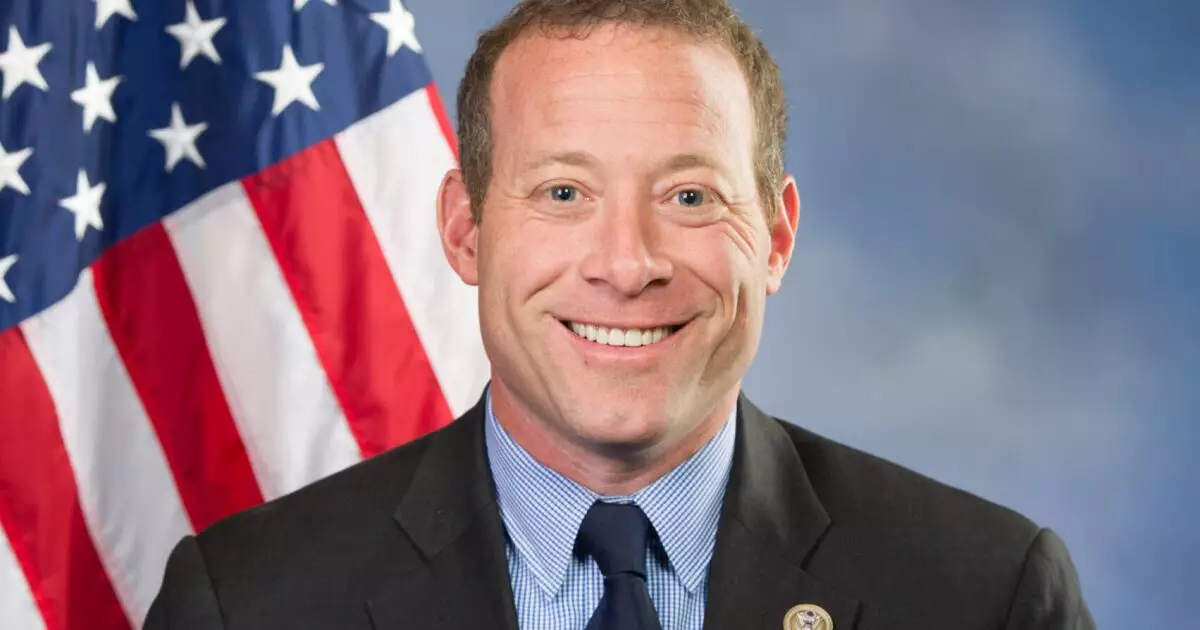Recent developments in the ongoing debate over environmental, social, and governance (ESG) investment policies have highlighted the growing division between political parties on this issue. Congressional Republicans, led by the House Republican ESG Working Group, have launched a vigorous campaign against what they perceive as the failures of ESG practices in the American boardroom.
Chairman of the House Judiciary Committee, Rep. Jim Jordan, R-Ohio, further escalated the conflict by sending letters to over 130 investment organizations, demanding detailed information about their ESG policies and partnerships with groups such as Climate Action 100-plus. This move was accompanied by a directive to preserve all documents and communications related to their efforts to promote ESG-related goals.
The clash over ESG investment policies has not been limited to Capitol Hill, as various state legislatures have taken steps to restrict or prohibit ESG considerations in financial decision-making. In response to these state-level actions, the U.S. Treasury Department issued a warning, expressing concerns that some of these laws could undermine national security.
Following inquiries from Rep. Josh Gottheimer, D-N.J., Rep. Blaine Luetkemeyer, R-Mo., and Rep. Brad Sherman, D-Calif., the Treasury Department highlighted the potential risks posed by state laws that limit banks from taking ESG factors into account. By narrowing the scope of risk assessment for financial institutions, these laws may impede anti-money laundering, counter-terrorism financing, and sanctions compliance programs, ultimately weakening efforts to safeguard national security.
In light of Treasury’s warnings, lawmakers and industry associations have offered contrasting views on the implications of state laws and federal intervention in ESG investment practices. While Rep. Gottheimer welcomed the Treasury Department’s stance as a bipartisan effort to protect national security through financial regulations, others have criticized the perceived overreach of government agencies in dictating banking policies.
The ongoing debate surrounding ESG investment policies reflects broader ideological divisions within the political landscape, with implications for both economic decision-making and national security. As stakeholders continue to grapple with the complexities of balancing financial considerations with social and environmental factors, the clash over ESG policies is likely to persist as a contentious issue in the coming months.

